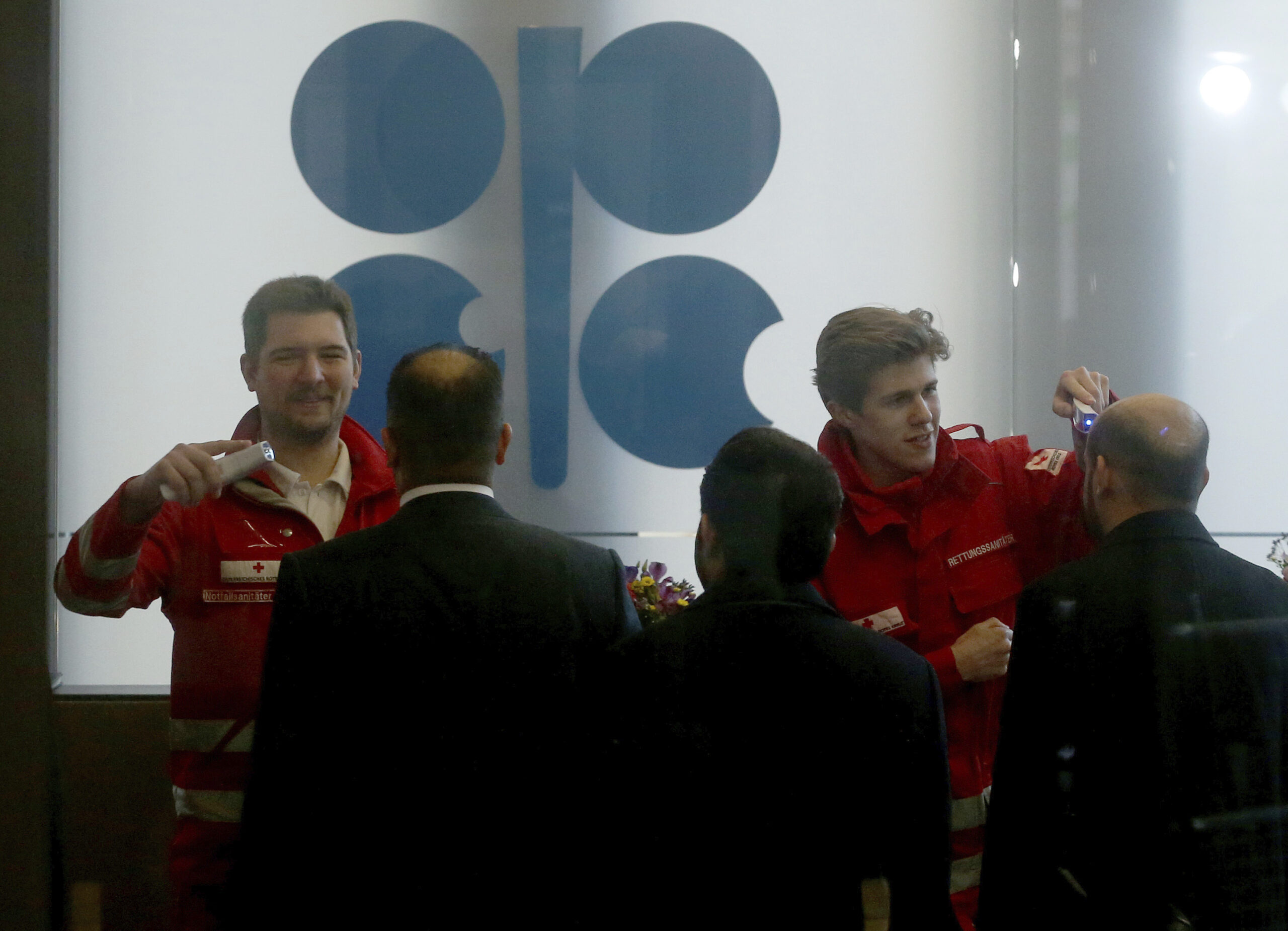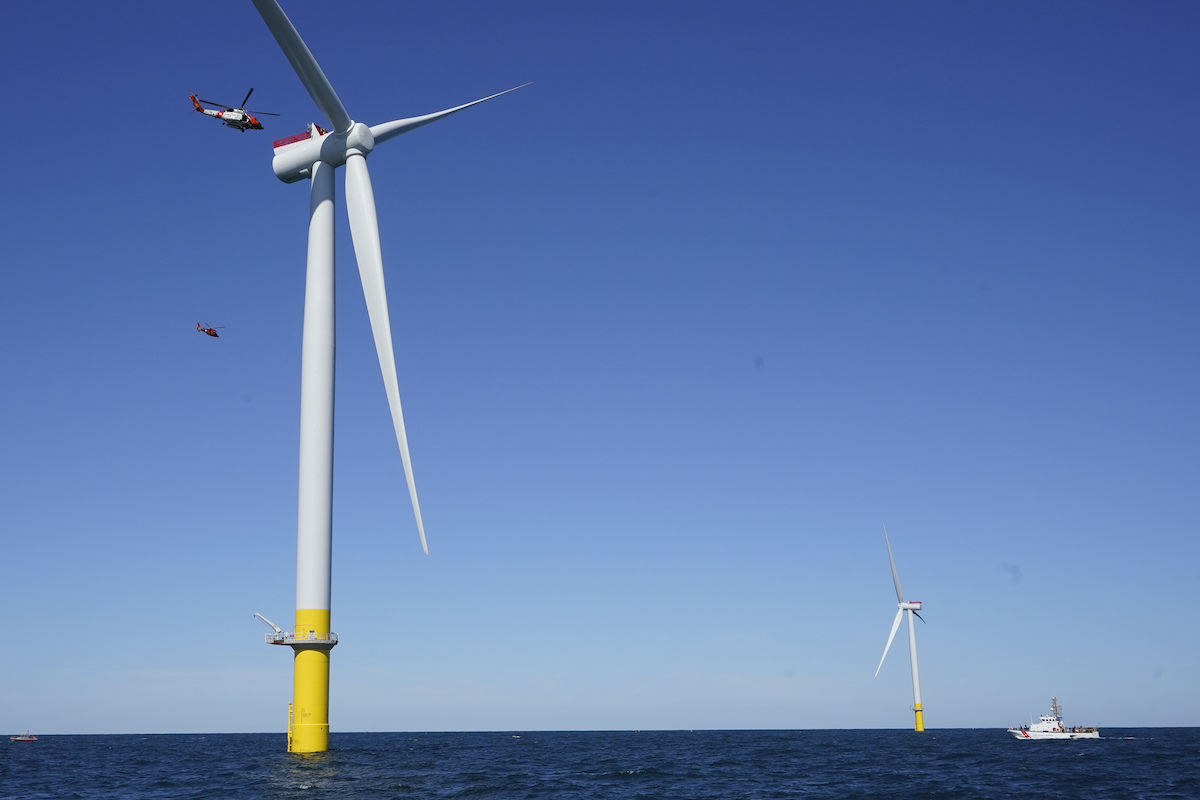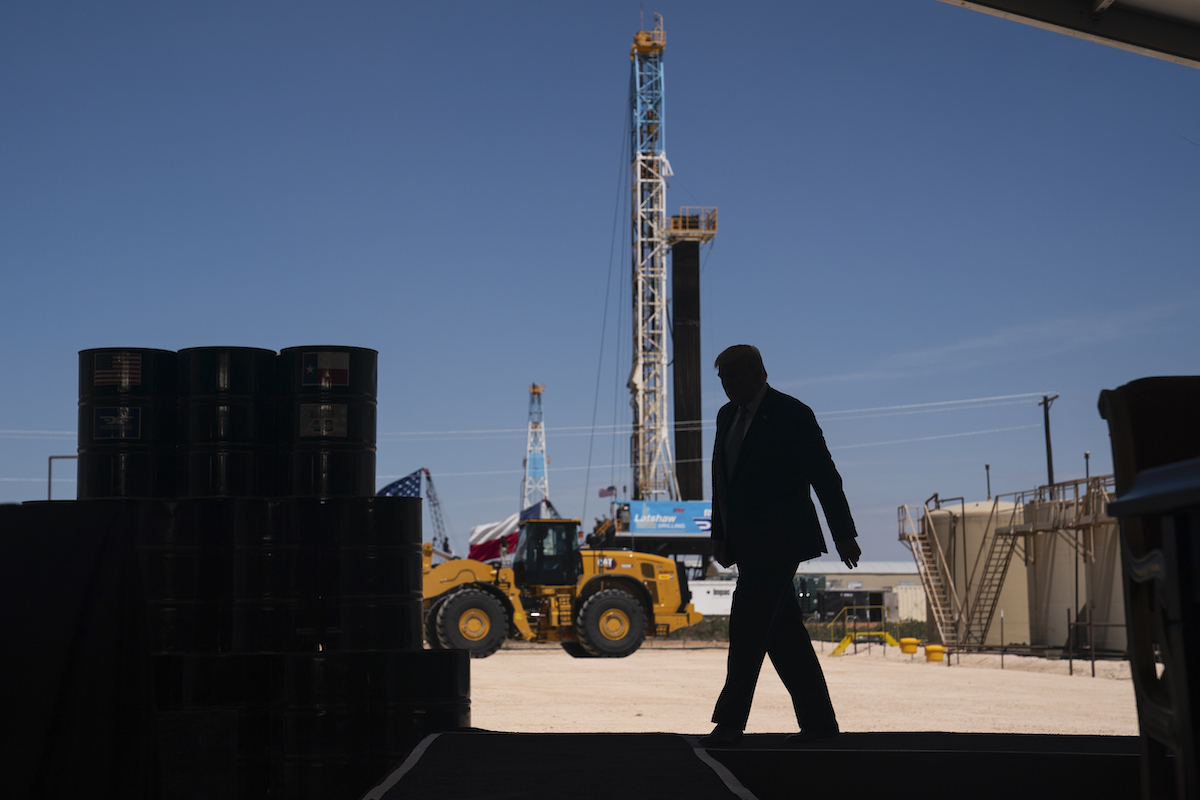Event Report: Petro Diplomacy 2020
AGSIW's sixth annual Petro Diplomacy conference focused on the impact of the coronavirus pandemic on the energy sector and the transition to a low carbon economy.

Executive Summary
The Arab Gulf States Institute in Washington held its sixth annual Petro Diplomacy conference via Zoom from October 20-22, 2020. The event focused on the impact of the coronavirus pandemic on the energy sector and the transition to a low carbon economy. The fact that this year’s conference was held remotely reflected the dramatically different circumstances in which the world is conducting its business. Lockdowns and travel restrictions to contain the coronavirus, which has not yet run its course, have tipped the global economy into recession and energy demand has plummeted. The conference explored the impact of the pandemic on the oil and gas sectors and the geopolitical implications of these developments on OPEC’s relationship with Russia and U.S. relations with Gulf Arab states.
The conference opened with a conversation between Ambassador Douglas A. Silliman, AGSIW president, and Angela Wilkinson, secretary general and CEO of the World Energy Council, who spoke about how more energy can be used in a way that meets humanity’s needs while achieving climate neutrality. In roundtable discussions, speakers gave their views on the impact of the coronavirus pandemic on future supply and demand patterns, the future of oil and gas in the transition to a lower carbon economy, and the role of new technologies in delivering carbon-neutral solutions. The final session on the geopolitics of oil and gas and U.S.-Gulf Arab relations was a public forum that addressed the relationship between OPEC and Russia and the U.S. role as broker of the OPEC+ agreement as well as the U.S. presidential election and whether a change in policies by the new U.S. administration would impact the Gulf Arab producers and their relations with Washington.
About Petro Diplomacy
This paper is the report for the 2020 Petro Diplomacy conference. For the sixth consecutive year, AGSIW convened its Petro Diplomacy conference, this year virtually, bringing together private and public sector stakeholders from the United States and the Gulf Arab countries to discuss emerging trends in energy markets and regional politics.
The views represented herein are the author's or speaker's own and do not necessarily reflect the views of AGSI, its staff, or its board of directors.


